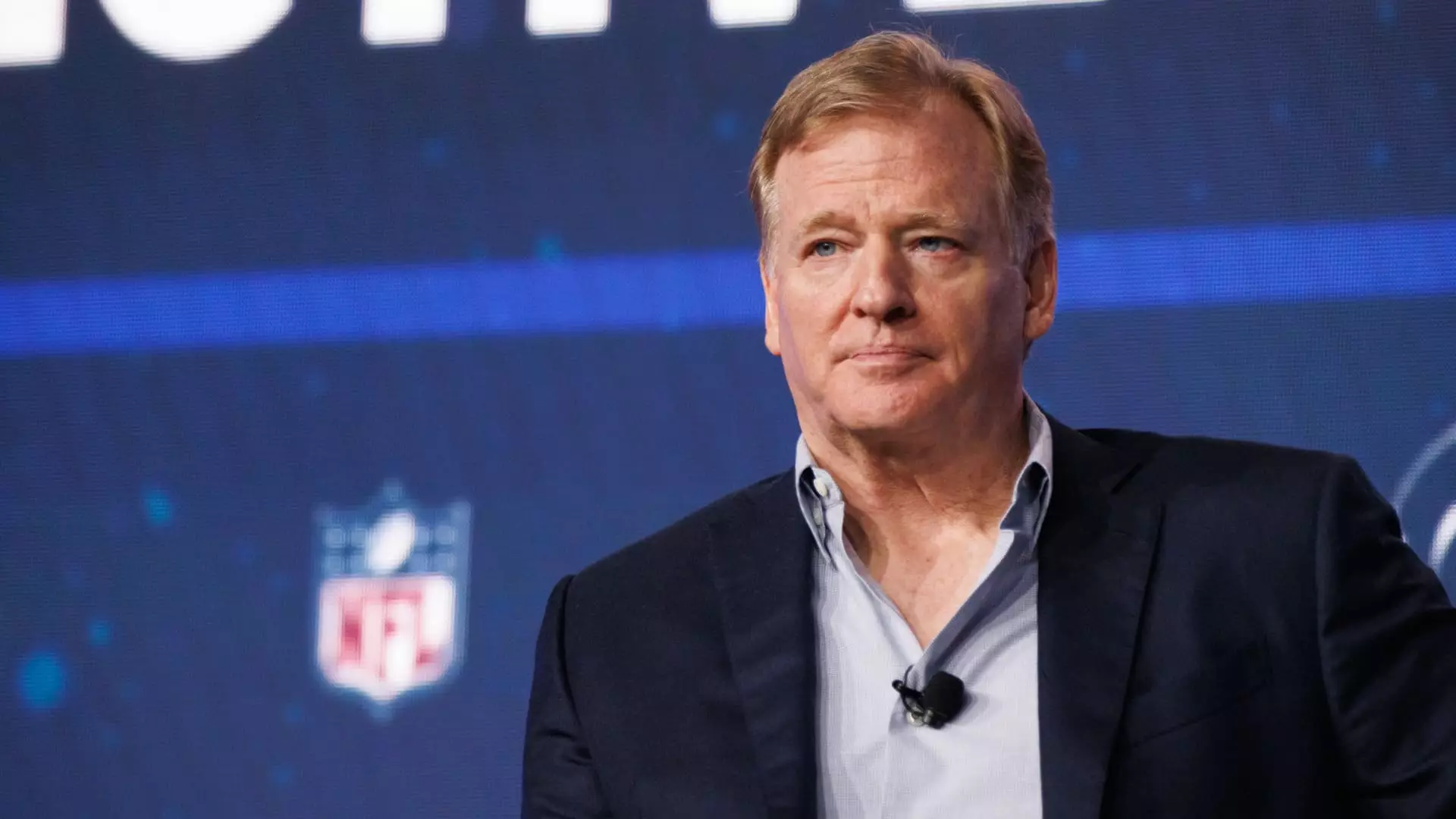The National Football League is currently exploring the possibility of allowing minority private equity ownership for its 32 teams at a maximum of 10%, according to Commissioner Roger Goodell. In an exclusive interview with CNBC, Goodell emphasized the importance of adapting the league’s policies to reflect the evolving landscape of sports. He mentioned that there has been a significant amount of interest from private equity firms, and introducing this new ownership model could complement the current ownership structure while supporting the league’s ownership policies moving forward.
New Ownership Policies
Goodell expressed the hope of finalizing the new ownership policies by the end of the year. The initial 10% cap on private equity ownership would serve as a starting point, with the potential for the league to consider increasing the limit over time. Unlike other major U.S. sports leagues like the NBA, MLB, NHL, and MLS, which permit private equity ownership of up to 30%, the NFL has traditionally been hesitant to accept funding from institutional funds such as private equity, preferring individual or familial limited partners. However, rising franchise valuations due to lucrative media deals have made team ownership less accessible to the general public.
Industry Trends and Challenges
The recent purchase of the Washington Commanders for $6.05 billion in 2023 by a group led by private equity executive Josh Harris shed light on the growing influence of institutional funds in professional sports ownership. Harris’s unique approach to raising capital for the acquisition, involving prominent figures like Magic Johnson and Eric Schmidt, has sparked conversations about the feasibility of allowing private equity firms to invest in the NFL. The NFL’s reluctance to accept passive investors with limited decision-making power over teams has deterred potential stakeholders from taking smaller ownership stakes.
Private equity incentives tied to investment targets and exit thresholds could potentially reshape the motivations for team ownership in ways that may conflict with the traditional values of larger sports leagues. While minority stakes typically do not grant significant decision-making authority within teams, they offer investors the opportunity to align their financial goals with the success of the franchise. The National Women’s Soccer League has already embraced private equity firms taking majority control of teams, setting a precedent for increased institutional involvement in sports ownership.
For private equity firms seeking investment opportunities to generate returns on their assets under management, minority ownership in professional sports teams could present a unique avenue for diversification. While the lack of control and active involvement associated with passive investments may discourage some potential stakeholders, the potential financial rewards and brand recognition tied to owning a stake in an NFL team could outweigh these limitations.
The NFL’s potential shift towards allowing minority private equity ownership signals a broader trend within the sports industry towards embracing institutional investors and alternative ownership structures. By reevaluating its ownership policies and considering the benefits of private equity partnerships, the league may open up new avenues for growth and innovation in the ever-evolving landscape of professional sports ownership.

Leave a Reply